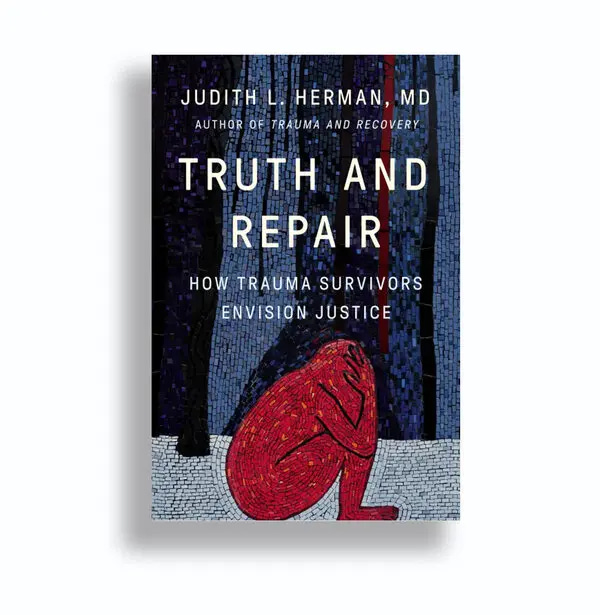
The Chris Hedges Report Podcast with Dr. Judith Herman who discusses the three stages to recovery from trauma and her new book "Truth and Repair: How Trauma Survivors Envision Justice"
 2023-08-03
2023-08-03
Dr. Judith Herman in her classic work Trauma and Recovery: The Aftermath of Violence from Domestic Abuse to Political Terror, which we discussed last week, detailed three stages to recovery. In the first stage the survivor focuses on the complex and demanding task of establishing safety in the present, with the goal of protection from further violence. Safety gives the survivor the space to recover from the terror that reduced him or her to abject submission and to regain a sense of agency. In the second state of recovery, the survivor revisits the past to grieve and make meaning of the trauma. Out of this grief is forged a new identity that does not deny the past nor allow it to define his or her identity. As Dr. Herman writes, “social support is a powerful predicator of good recovery, while social isolation is toxic. People cannot feel safe alone, and they cannot mourn and make meaning alone.” The third stage sees the survivor refocus on the present and future, expanding and deepening his or her relationships with a wider community and the possibilities in life. Some survivors see their own suffering as part of a much larger social problem. They join with others, including other survivors, to work to build a better world. Robert J. Lifton calls this “a survivor mission.” In Dr. Herman’s new book, Truth and Repair: How Trauma Survivors Envision Justice, which we will discuss today, she adds justice as the fourth stage to recovery. “If trauma is truly a social problem,” she writes, “then recovery cannot simply be a private, individual matter. The wounds of trauma are not merely those caused by the perception of violence and exploitation; the actions or inactions of bystanders – all those who are complicit in or who prefer not to know about the abuse or who blame the victims – often cause deeper wounds.” Full healing, she adds, because it originates in a fundamental injustice, requires a full hearing within the community to repair, through some measure of justice, the trauma survivors have endured. Joining me to discuss her new book, Truth and Repair: How Trauma Survivors Envision Justice is Dr. Judith Herman, a professor of psychiatry at Harvard Medical School and cofounder of the Victims of Violence Program.
This is a public episode. If you’d like to discuss this with other subscribers or get access to bonus episodes, visit chrishedges.substack.com/subscribe
More Episodes
 2022-07-22
2022-07-22
 2022-05-26
2022-05-26
Create your
podcast in
minutes
- Full-featured podcast site
- Unlimited storage and bandwidth
- Comprehensive podcast stats
- Distribute to Apple Podcasts, Spotify, and more
- Make money with your podcast
It is Free
- Privacy Policy
- Cookie Policy
- Terms of Use
- Consent Preferences
- Copyright © 2015-2024 Podbean.com





